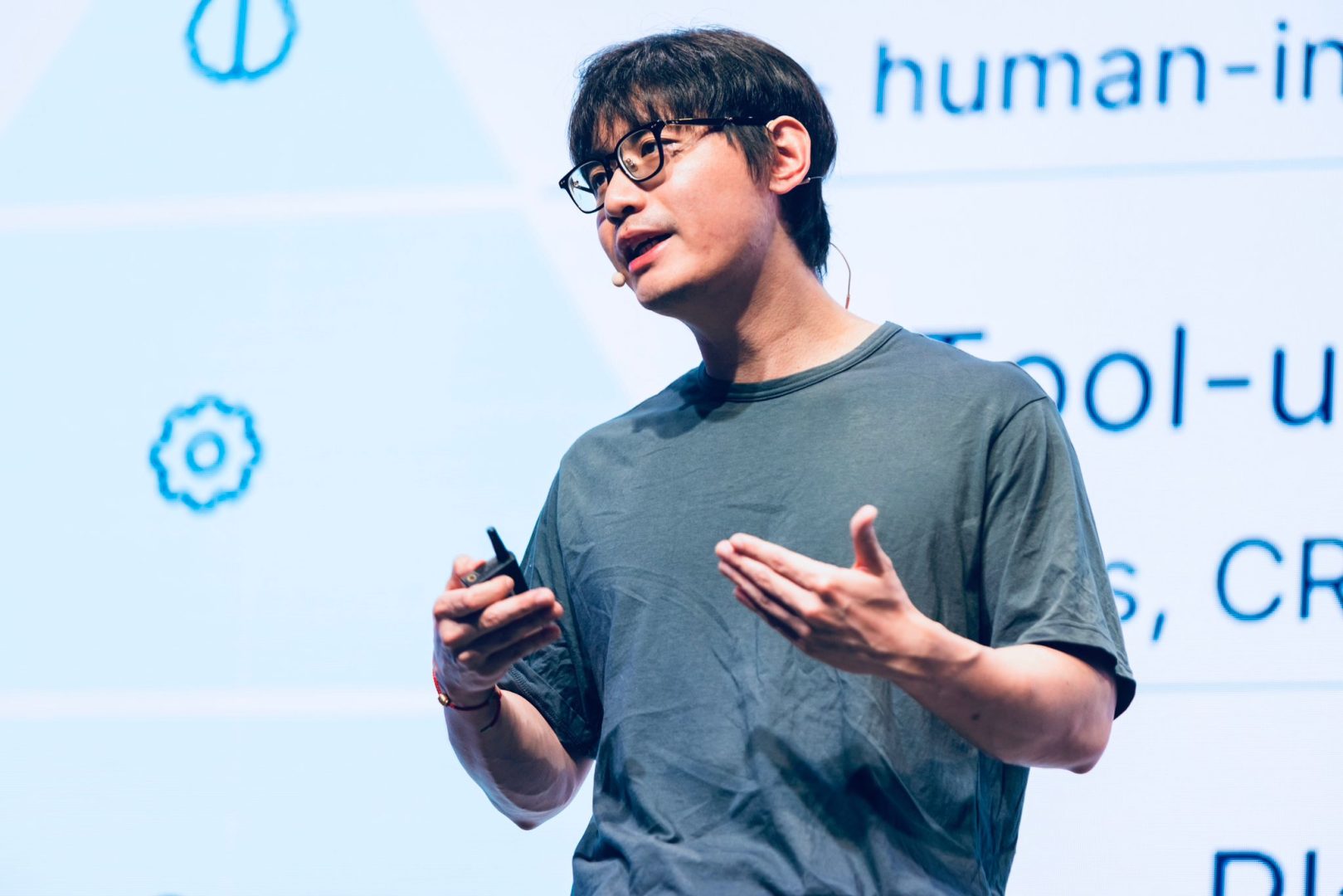The future of productivity isn’t about replacing humans; it’s about automating the grunt work so people can focus on building what truly moves the needle in Asia Pacific.
The key factors impacting marketing, sales and customer experience in the region are trust, high-context relationships, and hyper-personalization.
That’s what Chinese-German entrepreneur Yi Shi, founder of AI startup FlashIntel, believes.

Fresh from speaking at SuperAI held in Singapore recently, the Forbes Asia 30 Under 30 and Fortune China 40 Under 40 alumnus is bringing his seed-funded FlashIntel from Silicon Valley to APAC, making Singapore its APAC HQ and Japan its most complex proving ground.
APAC makes up 23% of the global contact and call center outsourcing market (approximately US$24 billion)and is home to over 55% of the world’s consumers.
Frontline sales and customer service (CX) roles remain stuck in manual, repetitive workflows, with 42% of salespeople rank prospecting as the hardest part of their job, ahead of closing and qualifying leads. The challenge is amplified in Asia, where fragmented markets, linguistic complexity, and uneven infrastructure hinder scale.
What is the step forward in reinventing how APAC’s 10 million sales and customer experience professionals work in the AI era? DigiconAsia finds out from Yi Shi:
Why do you consider Asia Pacific the true testbed for AI sales agents?
Yi: While headquartered in the US, specifically Silicon Valley, we made the deliberate choice to stress-test our AI agents in Asia first because customer expectations in Asia are uncompromising.
Doing business across Asia requires precision. Markets are fragmented, buyers are deeply relationship-driven, and interactions unfold across more than 20 languages and cultural nuances. Traditional playbooks often fall short not because they are flawed, but because Asia demands contextual intelligence, trust-building, and adaptability at scale. Western markets tend to be more uniform, and are often constrained by legacy SaaS systems and entrenched go-to-market models. That contrast gives Southeast Asian startups an advantage in that they are not limited by old infrastructure. They can build leaner, move faster, and adopt AI-native strategies from day one, making them fit for the region’s complexity.
We believe this dual-market approach sharpens our product, allowing us to support customers long-term. This year, FlashIntel intends to double down in Singapore and Japan. Singapore is our center of SEA, while Japan is our strategic market for voice and high-context sales.
Would the fear of AI displacing humans come true as a result?
Yi: As businesses navigate the adoption of AI, the discomfort is real and warranted. Transformation always comes with friction especially when it touches workflows, team structures, and legacy strategies. This isn’t a doomsday scenario. It’s a transition, and if managed well, is an upgrade.
Across industries, from sales to software and customer support, the consensus is that AI doesn’t replace humans. It replaces inefficiency. Few functions are as ripe for reinvention as sales. In APAC, sales professionals still spend over70% of their time on non-selling tasks including CRM updates, follow-ups, and repetitive outreach. That’s not where their value lies.
The most forward-thinking organisations aren’t shrinking their teams. They are rethinking them, restructuring them around value creation, not task execution. This means automating low-leverage work so human talent can focus on closing, strategy, relationship-building.
Many businesses have seen this as an opportunity to better utilise their talent and are currently navigating this transition by updating their workflows, and transforming their workforce. At FlashIntel, we have seen how the AI agent can unlock this shift. When the grunt work off-loaded, top-performing reps don’t feel displaced, they feel empowered to focus on output that has higher value.
How should organizations in the region go about redefining productivity in the AI era?
Yi: Productivity has always evolved alongside technology. From the industrial age to the digital revolution, every major leap from the assembly line to the cloud has been about boosting human output. AI is not the first tool to reshape work, but it is probably the most powerful accelerant yet.
In the traditional model, productivity was measured by headcount. More people meant more output. But in an AI era, this equation is flipped. True productivity means more scalable output per person with the help of intelligent agents.
At FlashIntel, this is the new productivity scorecard that we are tracking – pipeline per agent, meetings per dollar of OPEX, and AI-to-human leverage ratios. In the US, some clients are already running agent or human-hybrid sales organisations that are closing deals with 70% less staff. We are excited to see how this pans out in Asia Pacific.
What is Effective Accelerationism (E/ACC) all about?
Yi: E/ACC is about directing innovation and not slowing it down.
It’s the belief that slowing down innovation out of fear leads to stagnation, not safety. E/ACC urges us to direct efforts around innovation towards solving real problems such as labor gaps, productivity plateaus, and access to economic opportunity, with intentionality. Nowhere is that more relevant than Asia.
We see FlashIntel as part of this movement. We’re not just building AI tools. We’re building an AI-native workforce architecture. One where humans set strategy, and AI executes at scale. E/ACC isn’t a trend. It’s a survival strategy for countries that want to win the next 10 years.
